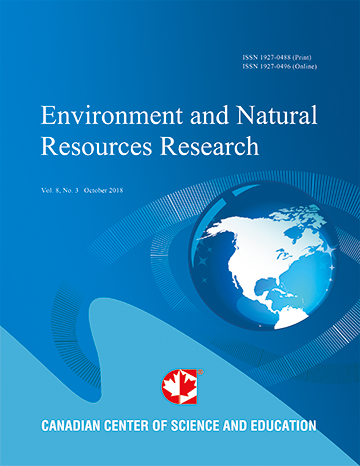Indigenous Knowledge Systems for Local Weather Predictions: A Case of Mukonchi Chiefdom in Zambia
- Mabvuto Mbewe
- A. Phiri
- N. Siyambango
Abstract
The purpose of the study was to unravel constituents of the indigenous knowledge systems (IKS) and appreciate people’s experiences in predicting the weather in daily undertakings. The objectives of the study were; to identify factors or systems used, establish the knowledge used in predicting the weather and compare the indigenous and current scientific method of predicting the weather. Qualitative and quantitative research designs were used. Primary data was collected through semi structured, face-to-face and in-depth interviews. This was complemented by secondary data collected through desk reviews of relevant published materials. The findings reveal that indigenous knowledge systems have been employed by people of Mukonchi chiefdom since time immemorial. There has also been reliance on IKS to make decisions pertaining to livelihoods such as agricultural activities. However, IKS in the area remains undocumented. Observation of several occurrences in combination or singularly relating to plants, animals, insects and astronomical events were factors of significant importance in the knowledge of weather extrapolation. Elements such as age, frequency of use of the IKS and level of education were seen to be of momentous prominence in utilisation of the indigenous knowledge as modern means of weather forecasting which are applicable to local community environment.
- Full Text:
 PDF
PDF
- DOI:10.5539/enrr.v9n2p16
Journal Metrics
Google-based Impact Factor (2016): 6.22
h-index (November 2017): 12
i10-index (November 2017): 19
h5-index (November 2017): 11
h5-median (November 2017): 12
Index
Contact
- Emily LinEditorial Assistant
- enrr@ccsenet.org
